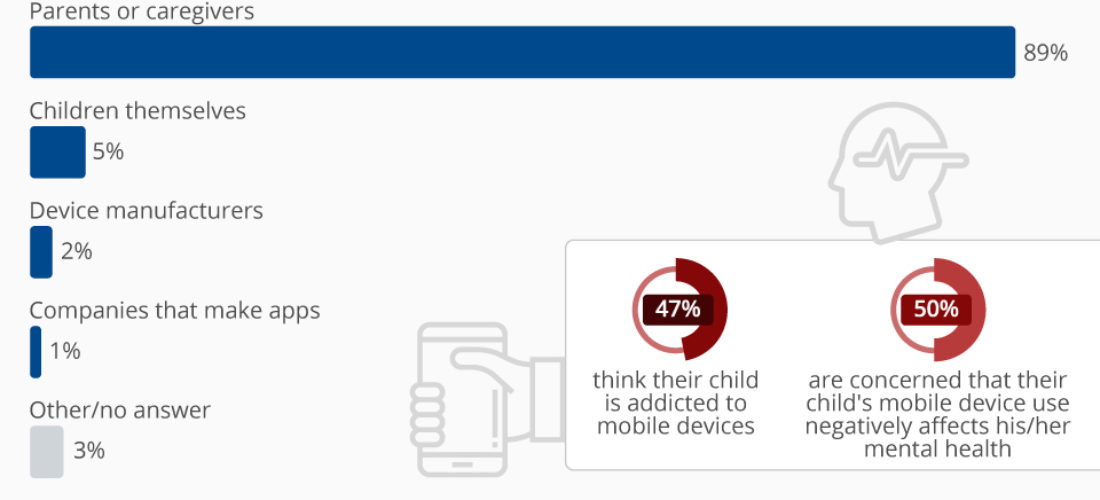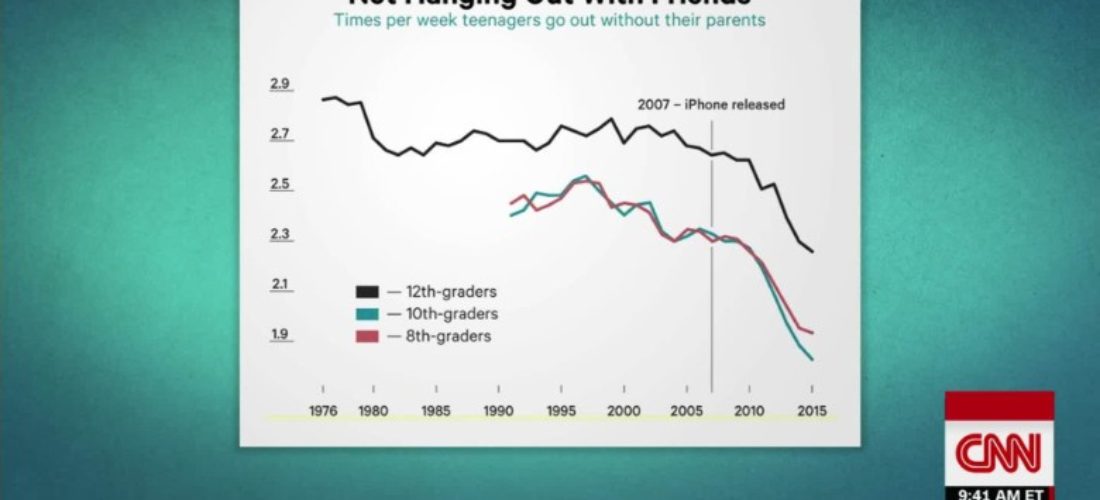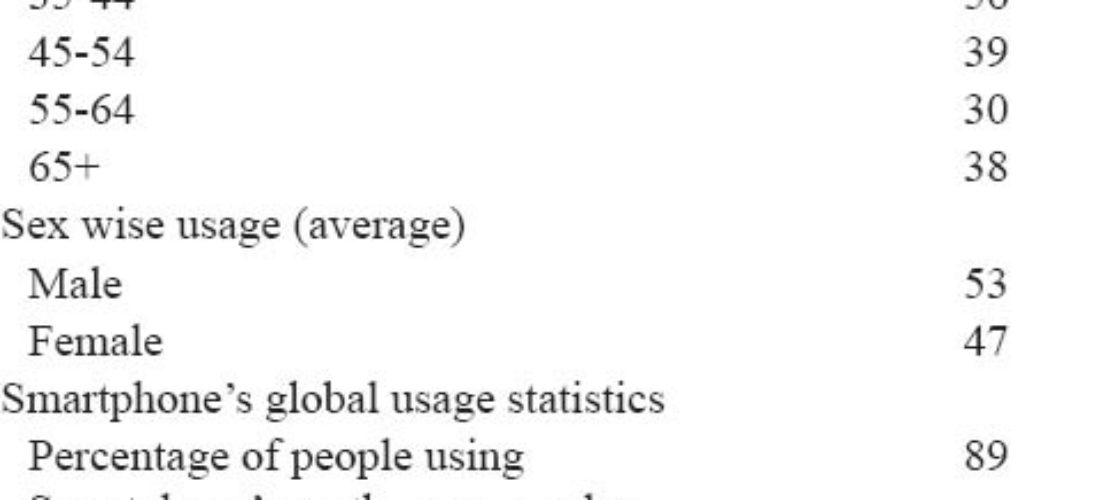The problem is that teens are spending more and more time, not talking on the phone like they were in decades past, but Instagram-ing and snapchat-ing. These are dangerous pastimes because they give the appearance of social interaction, but they couldn’t be further away from it. The comparisons that are implicit in looking at other people’s lives online, which are often highly manicured (and misleading), is thought to be what’s so depressing about social media. “These increases in mental health issues among teens are very alarming,” Twenge said. “Teens are telling us they are struggling, and we need to take that very seriously.”
Click here to view original source Phone Addiction Is Real — And So Are Its Mental Health Risks
When kids and parents don’t rely on constant communication, they instead must plan for the day ahead of time, and this can help kids to develop valuable executive-functioning skills.
Click here to view original source Smartphones aren’t a smart choice in middle school
Florida State University Robert O. Lawton Distinguished Professor Thomas Joiner, who co-authored a study published in the journal Clinical Psychological Science, said screen time should be considered a modern-day risk factor for depression and suicide.
“There is a concerning relationship between excessive screen time and risk for death by suicide, depression, suicidal ideation and suicidal attempts,” said Joiner, who conducted the research with psychology Professor Jean Twenge of San Diego State University. “All of those mental health issues are very serious. I think it’s something parents should ponder.”
Click here to view original source Excessive screen time linked to suicide risk — ScienceDaily
Addiction is the term used to refer to loss of control over one’s behaviours, usually with negative consequences.
… high use rate lead to impulsiveness, mounting anxiety prior to using the device, loss of control, withdrawal symptoms, financial issues, damaged relationships, emotional stress and falling literacy.
Click here to view original source Smartphone Addiction among Teenagers
Teens fixated on their smartphones experience changes to their brain chemistry that mirror those prompted by addiction, a new study suggests. Kids who compulsively used the internet or fiddled with their phones tended to have increased neurotransmitter activity […]
Click here to view original source Does ‘Smartphone Addiction’ Show Up in Teens’ Brains?
Findings – The negative impact of mindlessness on quality of life was greater for younger adults than older adults.
Paper suggests the marketing of mindfulness programs and the use of marketplace apps to combat addiction issues.
Smart phone addiction is a growing problem, and this paper contributes to the understanding of the problem and offers societal solutions for its resolution.
This is the first empirical paper to investigate the connection between a mindless trait and smart phone tendencies and resulting health outcomes
Younger smartphone owners tend to experience a wider range of emotions vis-à-vis their phone compared with older users — from positive ones like “happy” or “grateful,” to more negative feelings like “distracted” and “angry.”
Click here to view original source U.S. Smartphone Use in 2015 | Pew Research Center
Smartphone addiction among Indian teens can not only damage interpersonal skills, but also it can lead to significant negative health risks and harmful psychological effects on Indian adolescents.
Click here to view original source





